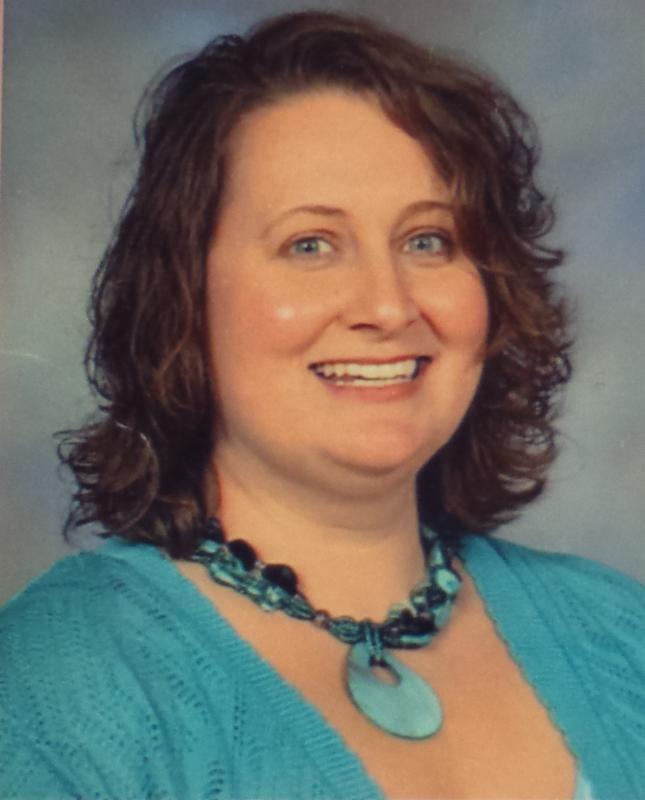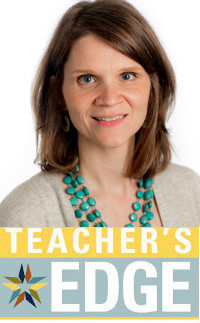|
|
Innovation in Action
Strategies for change in rural school districts
|
An idea is a great start, but according to The Myths of Innovation by Scott Berkun, "What matters is the ability to see a problem clearly combined with the talent to solve it."
This is particularly true of public education in rural districts where the needs are vast and the stakes are high. Education provides a clear pathway to develop and maintain a workforce that can keep a community thriving. And while there may be common challenges in rural districts such as teacher recruitment and retention and lagging graduation rates, there is no magic bullet fix that will work across all rural schools. Change requires a champion, it takes time and it is happening in rural school districts nationwide.
|
Overcoming the preparation limitation:
What can we learn from low college attendance rates in rural communities?
|
|
College is too expensive. I don't need a two-year degree, much less a four-year degree, to get a job. No one else in my family attended a university.
It's easy to tick off a list of excuses for why rural students attend college at lower rates than their peers in urban communities. But the easy answer isn't always the best answer - and sometimes it doesn't even address the right question.
In a recently released report from the Rural Opportunities Consortium of Ohio, education policy experts Jennifer Schiess and Andrew J. Rotherham ask a different question: "Is there something inherent in rural schools - something happening at a systemic level - that causes rural graduates to skip out on post-secondary education?"
|
Connecting students with their futures
|

The "Field of Dreams" approach doesn't really work when you're trying to create a college-going culture in a rural comprehensive high school. As the college liaison at East Surry, Crystal Folger-Hawks knows that she can't just build it alone and hope that students will come along.
It takes a team effort and consistent actions to build that culture over time so that all students see themselves as college-going material. There's no single magical moment - it's just hundreds of little things that work together to build relationships with students, help them realize their potential and make a high school/college plan that gets them where they need to be.
Customized and personalized
At East Surry High School, we call our counseling and college liaison office "The College Corner." That's the space where I work with students on all things college, including thinking about careers, matching college classes based on student interests, offering tutoring for college placement exams and working on applications.
I meet with all students individually to discuss their career interests and we make a high school/college plan - we call this "Customized Personalized Education." If students are unsure of their career plans, we do interest inventories and explore the suggested careers. If students already have careers and colleges in mind, I help them look at what is required and plan their high school courses accordingly.
The College Corner is also a space for parents. Many didn't attend college themselves and can be overwhelmed by the details. We host parent nights to discuss college applications, financial aid and college courses available, helping parents help their kids.
|
|
Metacognition: The thinking behind the thinking
|

"When teachers cultivate students' abilities to reflect on, monitor, and evaluate their learning strategies, young people become more self-reliant, flexible, and productive."
-Developmental psychologist, Marilyn Price-Mitchell (2015)
In this month's Teacher's Edge, Instructional Coach Donna Lanahan takes a deeper look at metacognition. Donna explores how a critical focus on thinking and learning can benefit students and shares her experiences in helping teachers take a more metacognitive approach.
|
|
District Innovation Profile: Jones County
Making Changes and Making a Difference
|
More than a decade ago, school districts in North Carolina began partnering with NC New Schools/Breakthrough Learning to improve secondary education by creating and supporting early colleges. The belief was, that with appropriate supports, high school students could successfully complete college coursework prior to graduation.
As it turns out, they were right. Many North Carolina students, including under-represented populations and first generation college-goers, have been able to take free college courses and some have even earned associate degrees while still in high school.
The story could have ended here, but this was just the beginning.
|
- Applications for the Kenan Fellows Program are now open. Online applications for 2016-17 fellowships are open until Monday, January 18, 2016 at www.kenanfellows.org. A list of 2016-17 fellowship projects can be found at here.
-
James Kenan High School in Duplin County and Wake STEM Early College High School have been recognized by the North Carolina State Board of Education for exemplary leadership and instruction in Science, Technology, Engineering and Mathematics (STEM) education. Learn more here.
-
The Public School Forum of North Carolina is expanding its Beginning Teacher Network (BTN) to Mecklenburg and Union Counties in the spring of 2016, with more counties on the way. The BTN began as a pilot program in Wake County earlier this year, growing rapidly from 24 early-career teachers in the first group to more than 80 this fall. The Mecklenburg and Union BTN will continue accepting applications throughout the fall and identifying teacher leaders to plan sessions beginning in January. Teachers interested in the program in Wake, Mecklenburg or Union counties can apply online here. School Administrators interested in bringing this program to their counties should contact James Ford, Program Director, at jford@ncforum.org.
-
Applications for 2016 NCSSM Summer Courses open November 15. Accelerator and Early Accelerator courses are designed to provide students from around the country and the world the opportunity to come together in diverse groups to live and learn together while gaining hands-on experience with intriguing topics in science, technology, engineering and math. Any rising 7th through 12th grader with an excellent academic record and a keen interest in science, technology, engineering and mathematics is encouraged to apply at www.ncssm.edu/accelerator.
|
|
Stay connected with NC New Schools/Breakthrough Learning
|
|
|
Thanks for subscribing to INNOVATOR, an update on school and district transformation from NC New Schools/Breakthrough Learning. Our newsletter aims to inform practitioners, policy makers and friends of public education on innovation, workforce development, research and success stories from schools, districts and regions across the nation. Please contact us to provide feedback and suggest ideas.
|
|
|
 |
 |
|
|